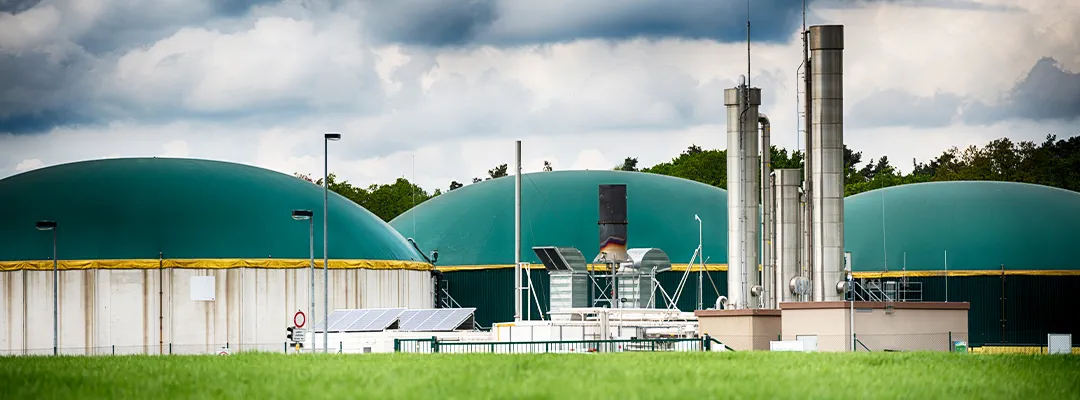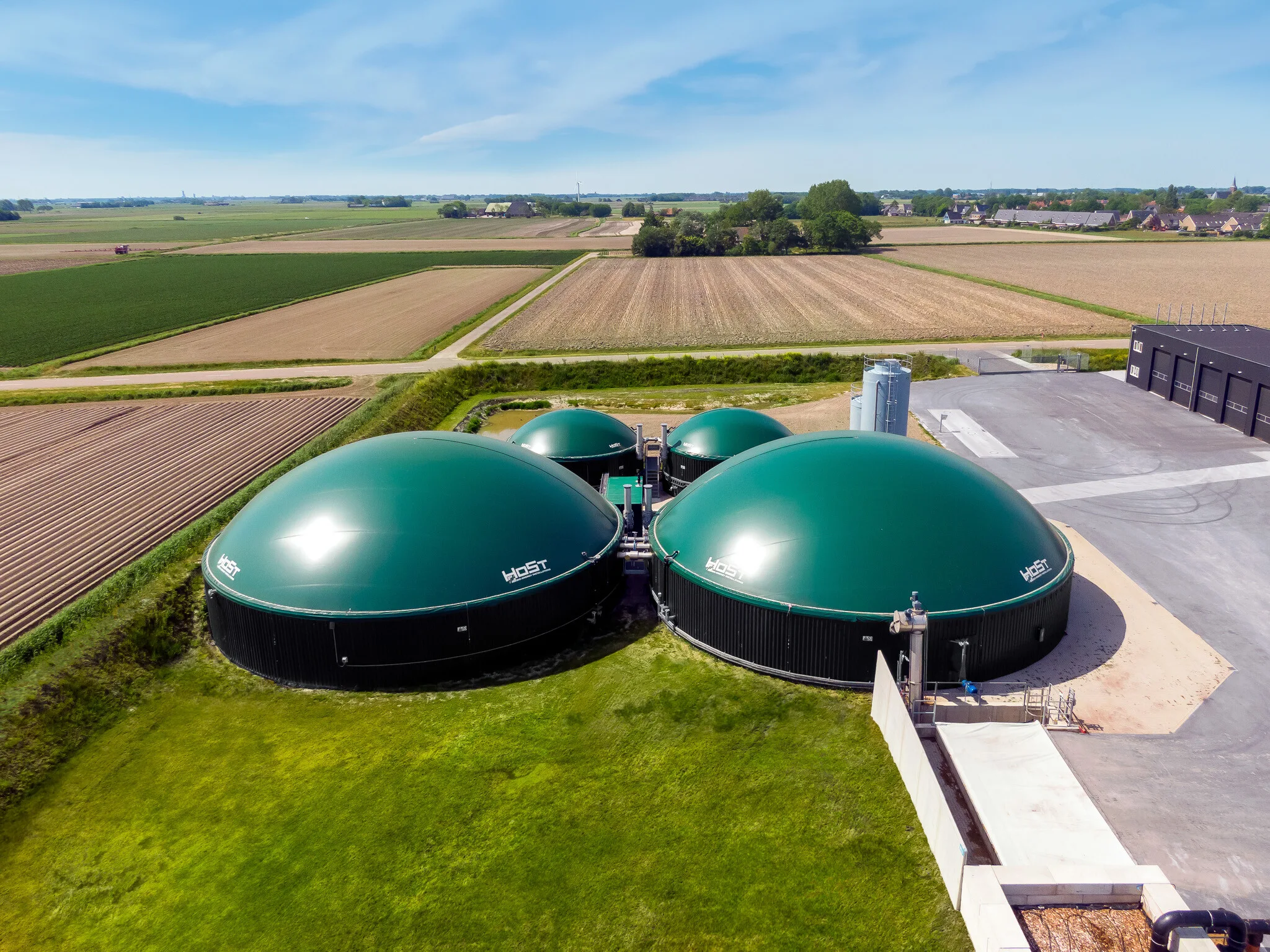
What is Compressed Bio Gas?
Compressed Bio Gas (CBG) is a renewable energy source produced from organic waste materials such as agricultural residue, cattle dung, sugarcane press mud, and municipal solid waste. The process involves anaerobic digestion, where microorganisms break down organic matter in the absence of oxygen to produce biogas.
This biogas is then purified to remove impurities like carbon dioxide and hydrogen sulfide, resulting in high-purity methane gas, which is then compressed and used as an energy source. CBG is a clean alternative to fossil fuels, offering significant environmental benefits.
Use Cases of Compressed Bio Gas Across India
- Transportation Fuel: CBG can be used as a fuel for vehicles, serving as a direct replacement for compressed natural gas (CNG).
- Industrial Energy: CBG is used in industries as a substitute for conventional fuels like diesel and coal.
- Cooking Fuel: In rural areas, CBG can be used as a clean cooking fuel, reducing reliance on traditional biomass sources like wood and dung cakes.
- Power Generation: CBG can be used in combined heat and power (CHP) systems to generate electricity and heat.

Why Should You Set Up a CBG Industry?
- Growing Demand: Increasing awareness of renewable energy sources.
- Job Creation: Establishing CBG plants contributes to local employment opportunities.
- Revenue Streams: Substantial revenue from biogas and organic fertilizers.
- Clean Energy: CBG provides a cleaner alternative to fossil fuels, reducing emissions.
- Energy Security: CBG promotes a circular economy with a sustainable energy solution.
Government Incentives and Subsidies
Subsidies and Grants
Financial assistance for setting up CBG plants, including capital grants.
Tax Benefits
Avail tax incentives under various government schemes for CBG production.
Biofuel Policy Support
The National Policy on Biofuels promotes the use of CBG as a transportation fuel.



